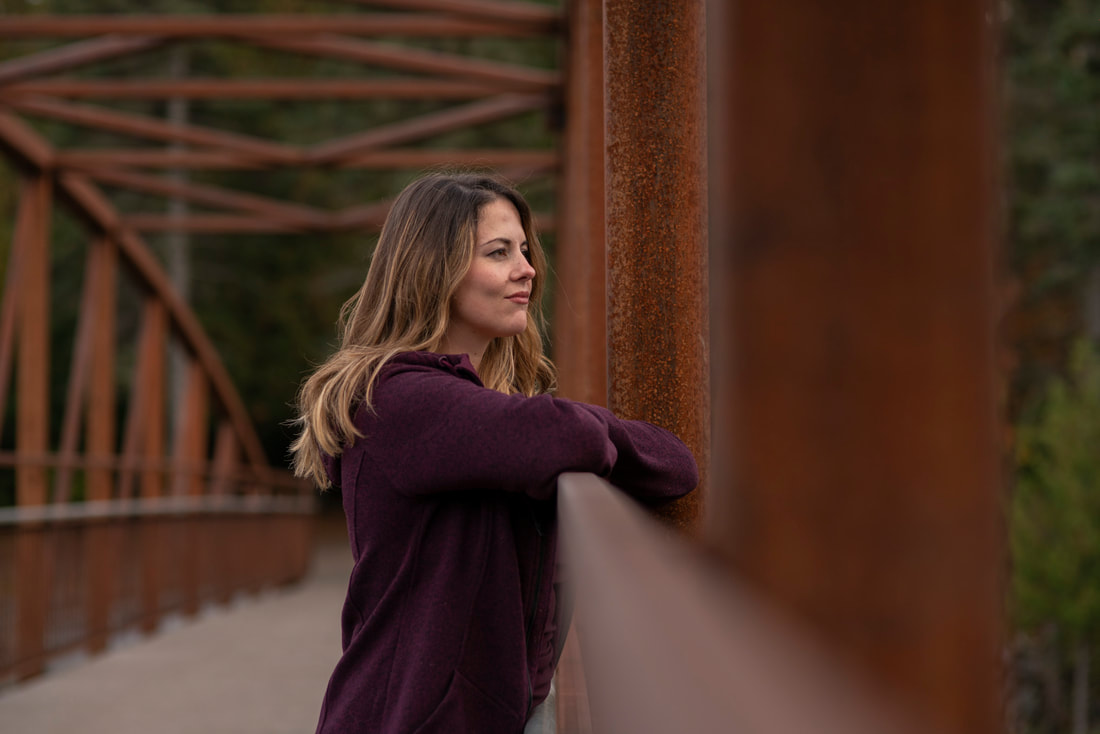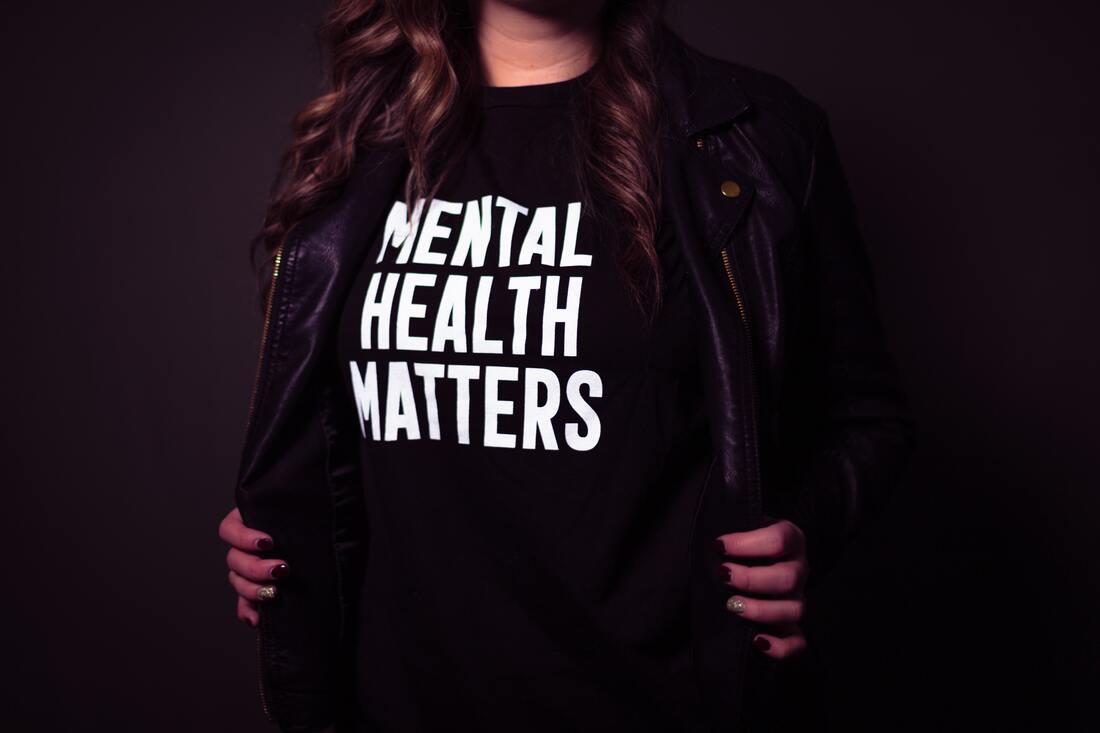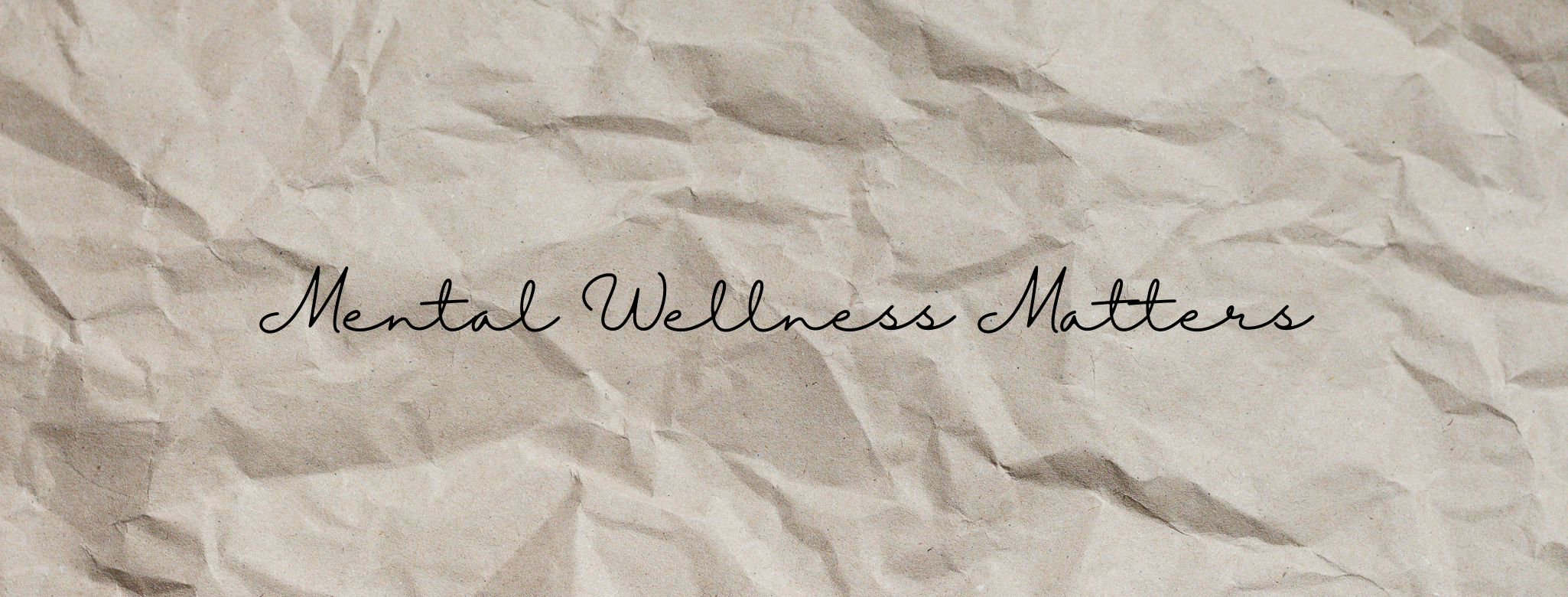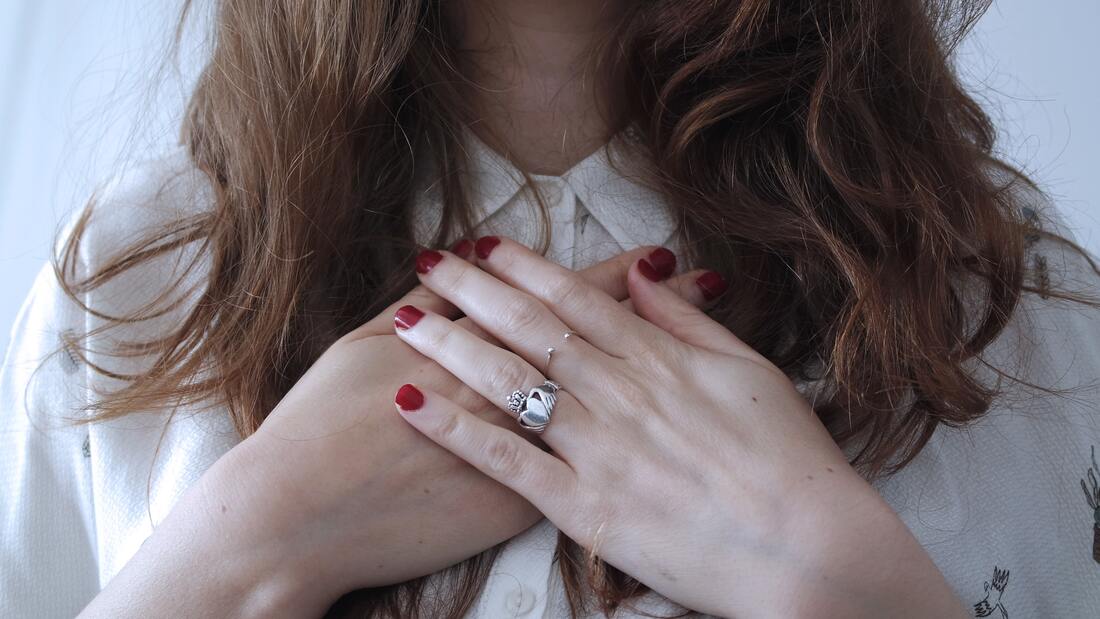|
So I realize that counselling and psychotherapy can be a very intimidating process for many, and can feel almost too scary to even consider as an option. Well I am here try to calm your nerves, hopefully answer some questions, and break things down a bit.
There are a number of different modalities or types of couples and family therapy. Here is a quick look at some common types.
There are a lot of ideas about what makes a good friend…a friend should be there for you no matter what, doesn’t judge you, is kind and respectful. While this idea is nice, I question whether this is realistic, does this idea perpetuate perfectionism in friendships, and what happens when a friend does not live up to these expectations?
By: Kelly Halonen, RSW, MSW Dreams can have a variety of different meanings. From helping you process your day or past, exploring your deepest fears and desires, or seeming to make no sense at all. While dream analysis isn’t an exact science, there have been common themes or ideas that seem to pop up in dreams. And like many of the experiences we go through, our interpretations help us to create meaning.
Here are some common elements that may appear in your dreams, and what they could mea Whether you’ve made a New Year’s Resolution to focus on your wellbeing, or simply feel like now is the right time, you may be contemplating speaking with a therapist. You might have come to this decision easily, or maybe it’s something you have contemplated for a long time. Whatever the reason, sometimes the jump from deciding to speak to someone to scheduling your first appointment can be daunting. You may ask yourself: what is the therapist going to ask me to do? How much should I share about myself? How can I trust a total stranger? What if they judge me?
By: Kelly Halonen, MSW, RSW Everyone has different things they love about the holidays. This could be the decorations, spending time with loved ones, the snow, the food, getting gifts, or giving gifts. Have you ever noticed how some people just love gift giving? They want to find the perfect present and get joy just from you receiving this gift. But why? Isn’t this just buying into the materialistic culture of the holidays? Not always. A lot of the time it isn’t about what the gift is, but how happy it makes the person getting the gift. Let’s explore some reasons some people love gift giving.
Written By: Kelly Halonen, MSW, RSW Photography credit: Apple Wagon Films and Bianca Artistry: Makeup Design With the spooky season upon us, you may be wondering why a mental health article is talking about witchcraft, more specifically, the kind of modern-day witchcraft that I have personally seen and learned about.
Important Note: The following has been written as an opinion related to current events and does not necessarily represent the views of Kelly Magazine, Kelly Mental Health, or related entities. As an opinion, it can also be wrong, and that’s okay. It’s meant to be helpful, thoughtful, and hopeful. This writer is open to criticism and education at any time, as long as it helps make our world a little better As a rule, I don't like jumping on trends in the media. I've been around long enough to see that hashtagging, hanging decals and signs, or making poignant posts are all well-intentioned. But eventually the posts fade, our collective attention span shifts, and the decals lose their charm so someone has to scrape them off into the garbage since we're all onto something new.
It is well known that trauma can impact a person mentally and emotionally. However, what is less talked about is the physical impact trauma can have. Trauma can manifest itself in our body and can even be triggered by touch.
It has been a popular trend on social media about how to ruthlessly cut out and eliminate toxic people, suggesting that this toxic person is a poison that needs to be eradicated from our lives altogether. While I have considered the idea and have somewhat enjoyed the idea of living free from guilt or shame in not having a person in my life who has hurt me, something about this just does not feel right. Do you ever wonder that by cutting toxic people out of your life, whether you have become a little toxic yourself?
In any relationship it is important to consider how open and transparent you may want to be within that relationship. Sometimes there are expectations that I will be open with you if you are open with me, or if I am open with you, then you ought to be open with me, as if this is some kind of mutual exchange of goods.
Yes! But... is a phrase I hear often. When I hear somebody saying this, especially in counselling, the message I am taking on is this: I hear you and what you’re saying makes sense, but here are the reasons why I cannot take on that perspective myself, followed by that person sharing unbalanced thought patterns and/or barriers to seeing another perspective.
Like many other women out there, I have a love-hate relationship with my body. Sometimes I love it, but the majority of the time there is something I want to change about it. Even though we logically know that the expectations society puts on us are unrealistic, we still feel the need to try and live up to them.
There are a number of different modalities or types of counselling and therapy. Here is information on some common types.
This phrase, so commonly uttered during therapy sessions can represent weeks, months and even years of misery for some.
By: Kristen Sohlman, MACP, RP A quality that makes a human, a human, is the ability to feel empathy.
I love talking about mental wellness!
By definition Mental Wellness is the awareness of one’s own ability to cope with stressors of day-to-day life while maintaining the ability to function effectively while socializing, working, learning and taking care of your personal health and hygiene. By: Laurie Vance, MSW, RSW, Cert. Forest Guide Investing in a mentally healthy workforce is good for business!
The data tells us 1 in 5 Adults will experience a diagnosable mental illness in any given year and more than 50% of those will go untreated. Respecting and treating mental illness on par with other medical illnesses like diabetes or heart disease is the first step to improving employee quality of life, which is the foundation of an effective workplace. As a clinical counsellor, I have worked with a global Employee Assistance Provider (EAP), I know full well the harsh impact of work-related stress and in turn the physical, mental, psychological and financial damage that many people experience. By: Seija Grant, MEd CP, RP When I talk about ‘finding a good fit’ I am referring to the therapeutic relationship between client and therapist. One of the most important factors of therapeutic success is having a strong therapeutic alliance. The importance of this is significant, as you (the client) need to be able to trust the therapist enough to share some of the most vulnerable parts of yourself.
I have always loved spending time outdoors in nature.
As a child I have fond memories of catching tadpoles in buckets, and noticing ones that had started to develop tiny little legs and the ones that hadn’t. A few years later I recall building a “girls only” fort in the trees behind my family home and running and playing in the forest with child-like wonder and natural curiosity. By: Lara Hollway, MSW,RSW Has your partner ever come to you with a problem and you offer advice, only to have them seem to get upset and/or frustrated with you? Do you find yourself getting frustrated because your partner keeps complaining about a problem but doesn’t seem to want to listen to your solutions? Or does your partner ever say things like “you never listen to me”, when you feel like you are listening and trying to help?
If so, you are not alone. This is a common theme in relationships, and a perfect example of how the best intentions do not always equate to the best results. Read on for a breakdown of this situation, and some suggestions for changing this dynamic. By: Laura Groulx, MSW, RSW I talk to a lot of people. Like really talk. Typically, in my first meeting with a new client, I’ll ask what their goals are for counselling. As in, what is it that they are looking to change about themselves, or what can I support them through.
An answer I often encounter is this: I want to be happy. This is a big goal. What does this even mean?? By: Seija Grant, Med CP, RP Wow! Things are feeling a little chaotic and overwhelming, and certainly anxiety-provoking out there. I am not immune to that as a therapist, and was thinking about what can be done to ease some of the mental (and physical) tension in our community. One such skill that can be cultivated and applied during these tough times is ‘Mindful Self-Compassion’ (MSC). I realize this may be a new concept for many of you, so I will give a brief overview of what this is and how this may be helpful during this tense time.
|
|
OverviewNWO’s source for all things relationships, mental health, wellness, lifestyle, and pandemic support. Kelly Magazine is a mental health outreach initiative created by Kelly Mental Health and supported by Kelly Mental Health Foundation, a non-profit organization dedicated to improving the community in the area of mental health.
|
Magazine |
Follow Us |
In support of @kellymentalhealthfndn |
© COPYRIGHT. ALL RIGHTS RESERVED. WEB DESIGN BY KMH





























